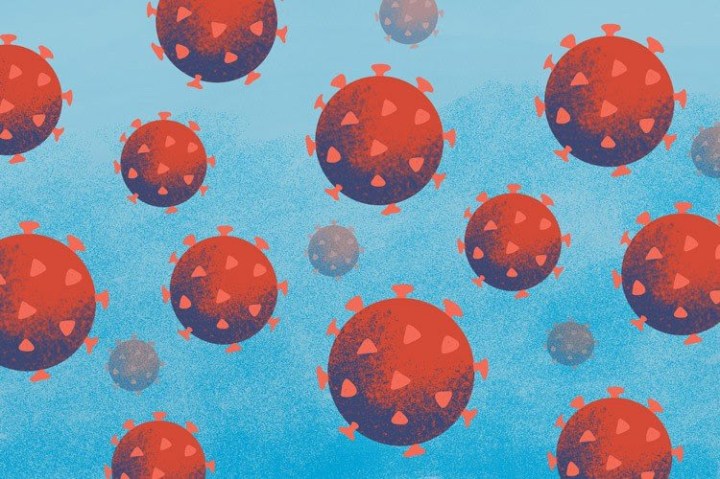GROUNDUP
There should be no new trials of hydroxychloroquine for Covid-19, says top research institute

The drug has failed to prevent or treat the disease, and it has lots of side-effects, say the authors of a Cochrane review.
The medicine hydroxychloroquine, popularised by former US president Donald Trump, does not decrease deaths from Covid-19, probably does not reduce the number of people needing mechanical ventilation, and does not prevent Covid-19.
The authors of a Cochrane review published in February 2021 recommended that no new trials of hydroxychloroquine or chloroquine for treating Covid-19 should be started.
Cochrane is a highly respected non-profit organisation. It publishes high-quality reviews that evaluate medical interventions. Many doctors consider conclusions of Cochrane review to be definitive.
What’s also interesting about this particular review, is that Cochrane reviews frequently end by calling for more research. This one, presumably because of the large number of trials conducted and the large number of side-effects reported, says the opposite: no more trials.
A systematic review was done by the Cochrane Infectious Diseases Group and included experts from India, South Africa and the UK. A systematic review collects and analyses data from relevant studies and attempts to present an unbiased and balanced summary of the findings.
Chloroquine is an anti-malarial drug. The similar drug hydroxychloroquine is used to treat autoimmune diseases such as lupus or rheumatoid arthritis. Both have drawn attention for months as potential treatments for Covid-19.
It was shown previously in the British Journal of Clinical Pharmacology that hydroxychloroquine and chloroquine were associated with higher rates of various cardiovascular problems, including life-threatening heart-rhythm events, heart failure and damage to the heart muscle itself (cardiomyopathy).
After the demand for these medicines skyrocketed several large studies were done worldwide in 2020. The review’s authors included 14 relevant studies: 12 studies of chloroquine or hydroxychloroquine used to treat Covid-19 in 8,569 adults, and two studies of hydroxychloroquine to stop Covid-19 progressing in 3,346 adults who had been exposed to the virus but had no symptoms of an infection. The research question was: is chloroquine or hydroxychloroquine useful in treating people with Covid-19, or in preventing infection in people who have been exposed to the virus?
The results showed, when compared to a placebo: it had no effect on the death rate; probably had no effect on whether a person needed mechanical ventilation; and it made no difference to the time patients spent in hospital. When it was used with azithromycin (an antibiotic), the results were the same.
The review found: “Adverse events are tripled compared with placebo, but very few serious adverse events were found.”
Tamara Kredo from Cochrane South Africa said: “This review offers conclusive evidence that hydroxychloroquine has no impact on clinically important outcomes for both the prevention and treatment of Covid-19. It is also likely that hydroxychloroquine caused more unwanted effects than placebo in the trials undertaken.”
“I think this underlies the importance of ensuring that we have reliable evidence even in an emergency situation like this pandemic where there is public pressure for rapid treatments and prevention options,” she added.
Dr Tom Fletcher, the review’s senior author, said: “This review certainly should put a line under using this drug to treat Covid-19, but some countries and health providers are still caught up in the earlier hype and prescribing the drug. We hope this review will help these practices end soon.”
These medicines underwent two rapid reviews in South Africa by expert panels advising the National Department of Health. Both times, in April and June 2020, the experts advised against it. DM
"Information pertaining to Covid-19, vaccines, how to control the spread of the virus and potential treatments is ever-changing. Under the South African Disaster Management Act Regulation 11(5)(c) it is prohibited to publish information through any medium with the intention to deceive people on government measures to address COVID-19. We are therefore disabling the comment section on this article in order to protect both the commenting member and ourselves from potential liability. Should you have additional information that you think we should know, please email [email protected]"





 Become an Insider
Become an Insider